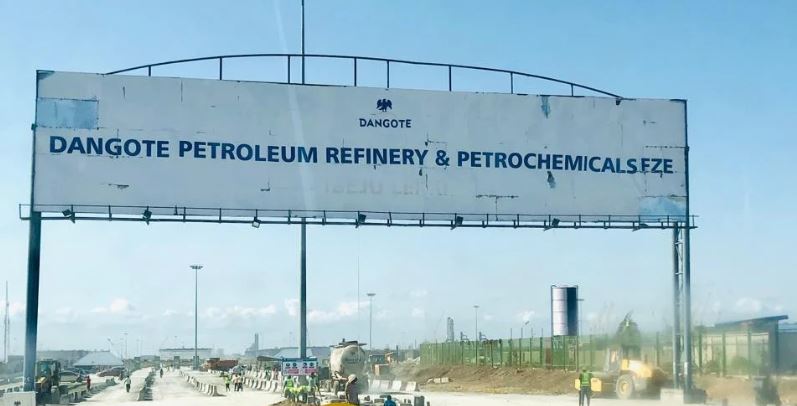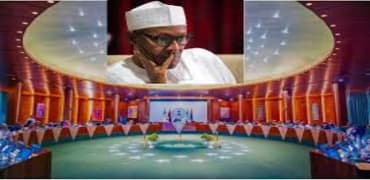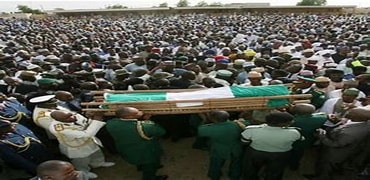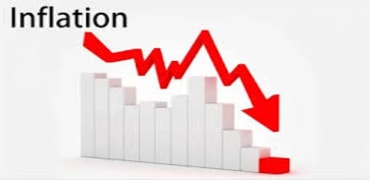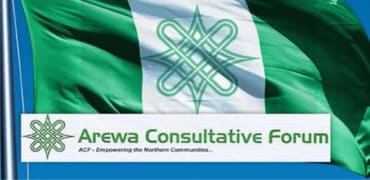Petrol Prices Soar to N1,150: The True Cost of Dangote's Price Hike
Petrol Prices Soar to N1,150: The True Cost of Dangote's Price Hike
By Achimi muktar
Nigerians are grappling with a significant spike in petrol prices, which now range between N1,050 and N1,150 per litre, following the latest price adjustments by the Dangote Petroleum Refinery and other depot operators. This development has raised concerns nationwide, as experts warn of further increases due to rising crude oil prices.
What Triggered the Hike?
On Friday, the Dangote Petroleum Refinery announced a price review that increased its Premium Motor Spirit (PMS) price from N899.50/litre to N955/litre at its loading gantry. This 6.17% hike reflects a response to the global crude oil market, where Brent crude prices recently soared to $81.84 per barrel — the highest recorded in 2025.
A statement from Dangote Refinery clarified that the new pricing structure applied immediately to all uncollected stock. Marketers purchasing between 2 million and 4.99 million litres now pay N955 per litre, while bulk buyers of 5 million litres or more enjoy a slightly reduced rate of N950 per litre.
The refinery’s communication noted:
"Effective from 5:30 PM today, an upward adjustment has been implemented on the gantry price of PMS. This adjustment applies to all stock balances yet to be lifted as of the above-stated time."
How Depots and Marketers Are Reacting
Private depots nationwide have followed suit, with loading prices reaching N970 in Lagos and N1,000 in Calabar, even for previously stocked petrol. Key players such as Sahara, Pinnacle, and Wosbab depots recorded price increases of N20 to N50 per litre overnight, pushing logistical costs higher.
Oil marketers predict that pump prices could climb even further. The Independent Petroleum Marketers Association of Nigeria (IPMAN) revealed that petrol could soon retail for N1,150 per litre in regions farther from depots, with logistics costs accounting for an additional N50 per litre.
Industry Voices: The Reality of Deregulation
Festus Osifo, President of the Petroleum and Natural Gas Senior Staff Association of Nigeria (PENGASSAN), cautioned that without improvements in the naira-to-dollar exchange rate, Nigerians should brace for continued price increases.
“If Brent crude prices remain high and the exchange rate unstable, PMS prices will inevitably rise further,” Osifo stated.
Chinedu Ukadike, IPMAN’s National Publicity Secretary, emphasized the inevitability of rising costs:
“Nigerians will likely pay over N1,150 in remote areas and around N1,100 closer to depots. This immediate price hike reflects the deregulated nature of the sector, where crude oil price dictates costs.”
The Impact on Retailers and Consumers
The Petroleum Products Retail Outlet Owners Association of Nigeria (PETROAN) warned that retail prices would likely exceed N1,000 per litre, depending on depot charges and additional levies by regulators. Billy Gillis-Harry, PETROAN’s President, remarked:
“Retailers are grappling with slim profit margins due to increased costs from depots and logistics. The new rates are pushing businesses and consumers alike to their limits.”
What Lies Ahead?
Industry analysts predict that the Dangote Refinery’s influence on petrol pricing will continue shaping the downstream sector. Olatide Jeremiah, CEO of Petroleumprice.ng, summarized the situation:
“With Dangote leading pricing, competitors are forced to adjust rates, leaving Nigerians to bear the brunt. As crude oil prices and production costs climb, petrol pump prices will follow suit.”
The Bigger Picture
This price hike is not just about fuel; it is a snapshot of Nigeria’s complex energy and economic challenges. With crude oil prices dictating domestic production costs, the deregulated petroleum sector has left consumers at the mercy of global market forces.
As prices soar past N1,150 per litre, many Nigerians are asking: How much higher can they



